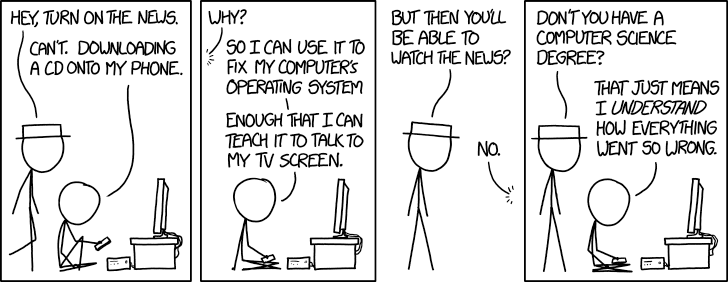How not to sell games
Sep. 25th, 2017 11:52 pmSo apparently, the way to sell games these days is to supply maybe a dozen copies for the entire country and let everyone fight it out with eBay scalpers. Because of course being perpetually out of stock is an excellent indicator of how popular a game is - look, it's so popular we sold out within 5 minutes it's the fastest selling game ever!!!1111!!111!11one.
I can quite understand why some posters online are rage quitting franchises and consoles over this. What's the point of buying a console if the games you want are never available for it, or even more aggravating when the game is available but the extras (*cough*amiibo*cough*) aren't?
The special edition of Metroid: Samus Returns is a good example of this - judging by Reddit, not only did Amazon run out of stock within a minute of opening pre-orders they then cancelled a whole slew of accepted orders. Meanwhile Nintendo's website lasted less than an hour before taunting everyone with an "Out Of Stock" button, and the official line from them is "we don't currently have details on whether we will be getting more of these in stock" (I emailed and asked). The result: if you want the special edition, you have to pay an eBay scalper a minimum of a 50% premium for it. Funnily enough I don't feel like supporting scalpers... and in the meantime I've not bought the standard one because if Nintendo does release more of the special edition I'd feel very silly having two copies of the game. So Nintendo, a direct result of your failing at pre-orders (and lack of indication as to if there will be another run) is right now a lost sale of either edition.
Sigh. Well, if publishers aren't actually interested in selling products, then it's their loss.
Edit: between writing and getting round to posting this rant, I got an email from a stock notification I'd left on alza.co.uk (who actually understand the concept of subscribing for updates, unlike Nintendo, who merely suggested that I "keep an eye on the website for any information on future incoming stock"). A short while later I managed to successfully order their one (!) leftover copy of Metroid: Samus Returns Legacy Edition, and a parcel is now on its way from Prague of all places.
Dear Tories: please don't destroy the common market, I like being able to just buy stuff from Europe without faffing around with customs and import duties (then again, the last couple of CDs I ordered from outside the EU survived customs unchallenged despite being marked "gift, £1"...).
I also managed another rare find: a boxed, unused Amiibo (Fox from the Smash Bros collection) on sale for only £8 - that's less than the official retail price - at the local second-hand games shop. That was very surprising given that they were selling unboxed Ocarina of Time Link Amiibos for £45 each!
I can quite understand why some posters online are rage quitting franchises and consoles over this. What's the point of buying a console if the games you want are never available for it, or even more aggravating when the game is available but the extras (*cough*amiibo*cough*) aren't?
The special edition of Metroid: Samus Returns is a good example of this - judging by Reddit, not only did Amazon run out of stock within a minute of opening pre-orders they then cancelled a whole slew of accepted orders. Meanwhile Nintendo's website lasted less than an hour before taunting everyone with an "Out Of Stock" button, and the official line from them is "we don't currently have details on whether we will be getting more of these in stock" (I emailed and asked). The result: if you want the special edition, you have to pay an eBay scalper a minimum of a 50% premium for it. Funnily enough I don't feel like supporting scalpers... and in the meantime I've not bought the standard one because if Nintendo does release more of the special edition I'd feel very silly having two copies of the game. So Nintendo, a direct result of your failing at pre-orders (and lack of indication as to if there will be another run) is right now a lost sale of either edition.
Sigh. Well, if publishers aren't actually interested in selling products, then it's their loss.
Edit: between writing and getting round to posting this rant, I got an email from a stock notification I'd left on alza.co.uk (who actually understand the concept of subscribing for updates, unlike Nintendo, who merely suggested that I "keep an eye on the website for any information on future incoming stock"). A short while later I managed to successfully order their one (!) leftover copy of Metroid: Samus Returns Legacy Edition, and a parcel is now on its way from Prague of all places.
Dear Tories: please don't destroy the common market, I like being able to just buy stuff from Europe without faffing around with customs and import duties (then again, the last couple of CDs I ordered from outside the EU survived customs unchallenged despite being marked "gift, £1"...).
I also managed another rare find: a boxed, unused Amiibo (Fox from the Smash Bros collection) on sale for only £8 - that's less than the official retail price - at the local second-hand games shop. That was very surprising given that they were selling unboxed Ocarina of Time Link Amiibos for £45 each!
